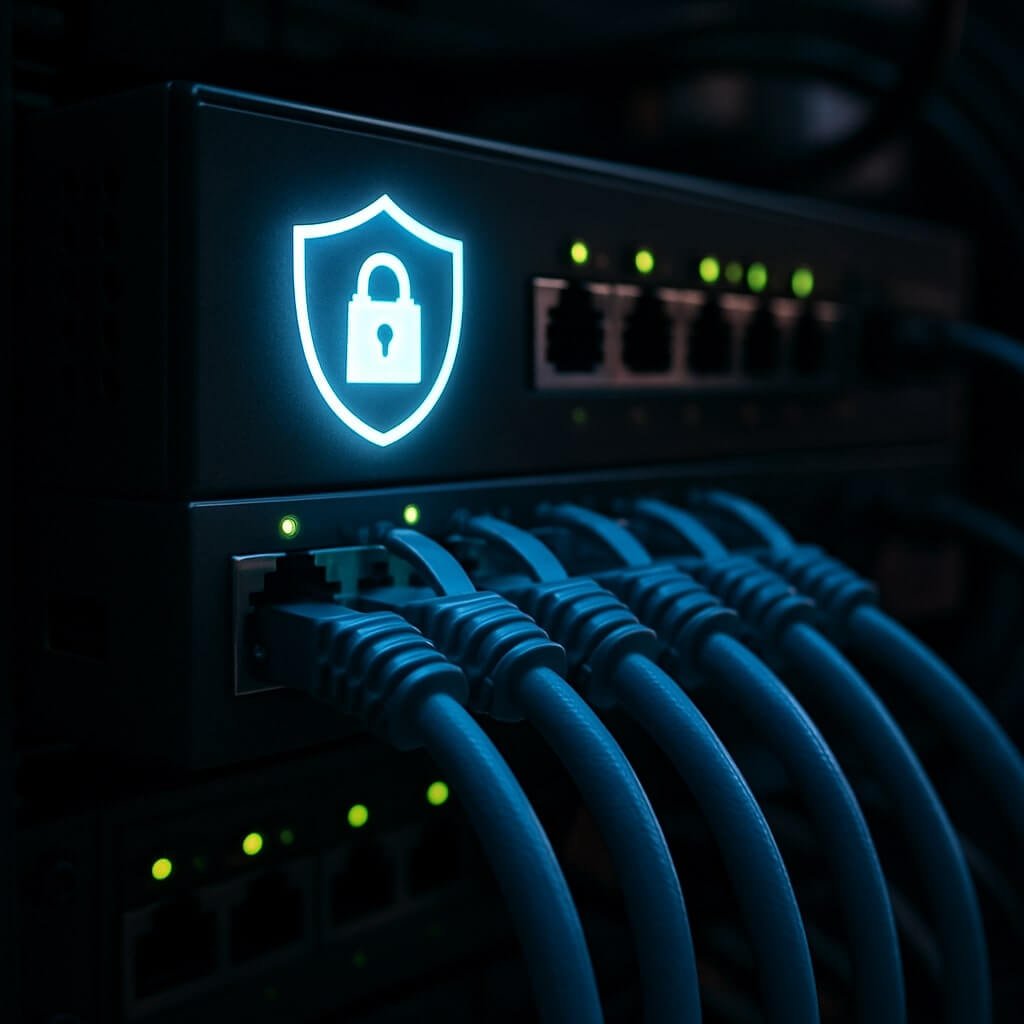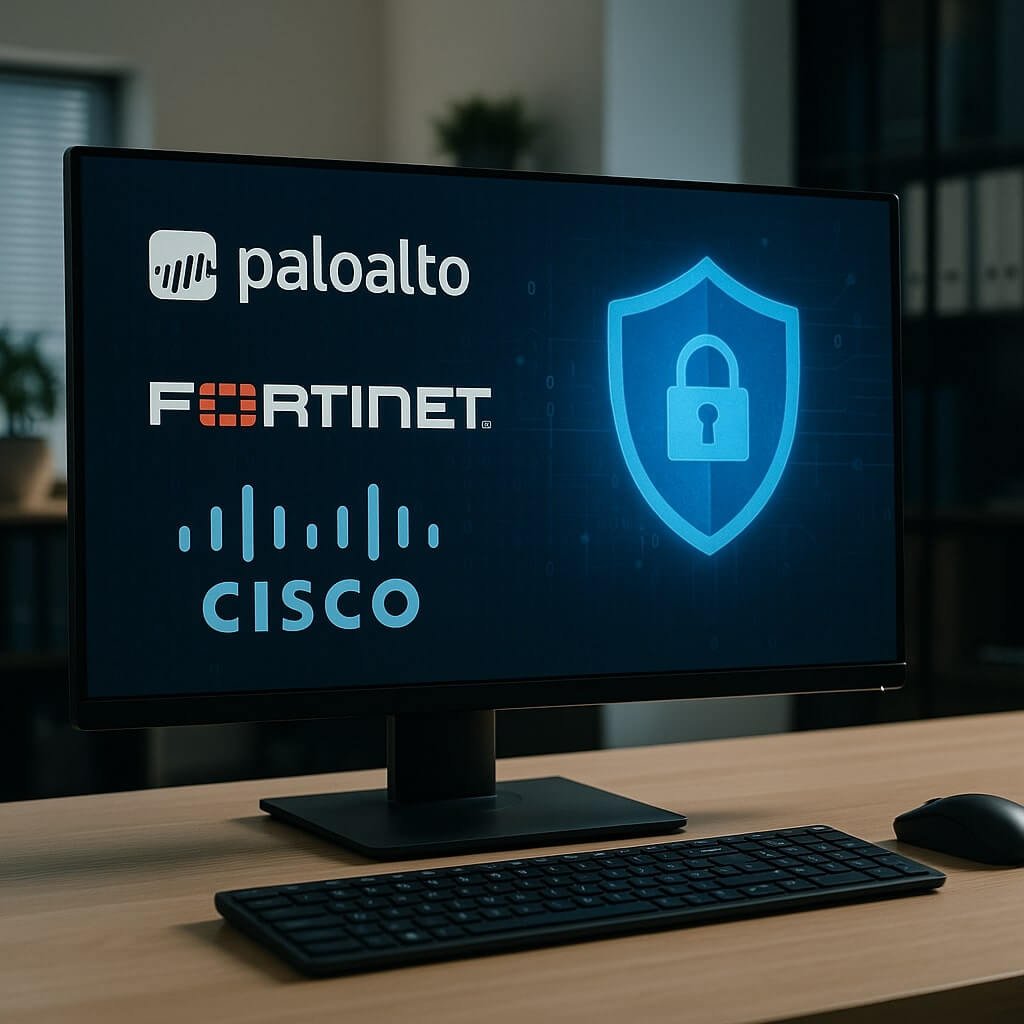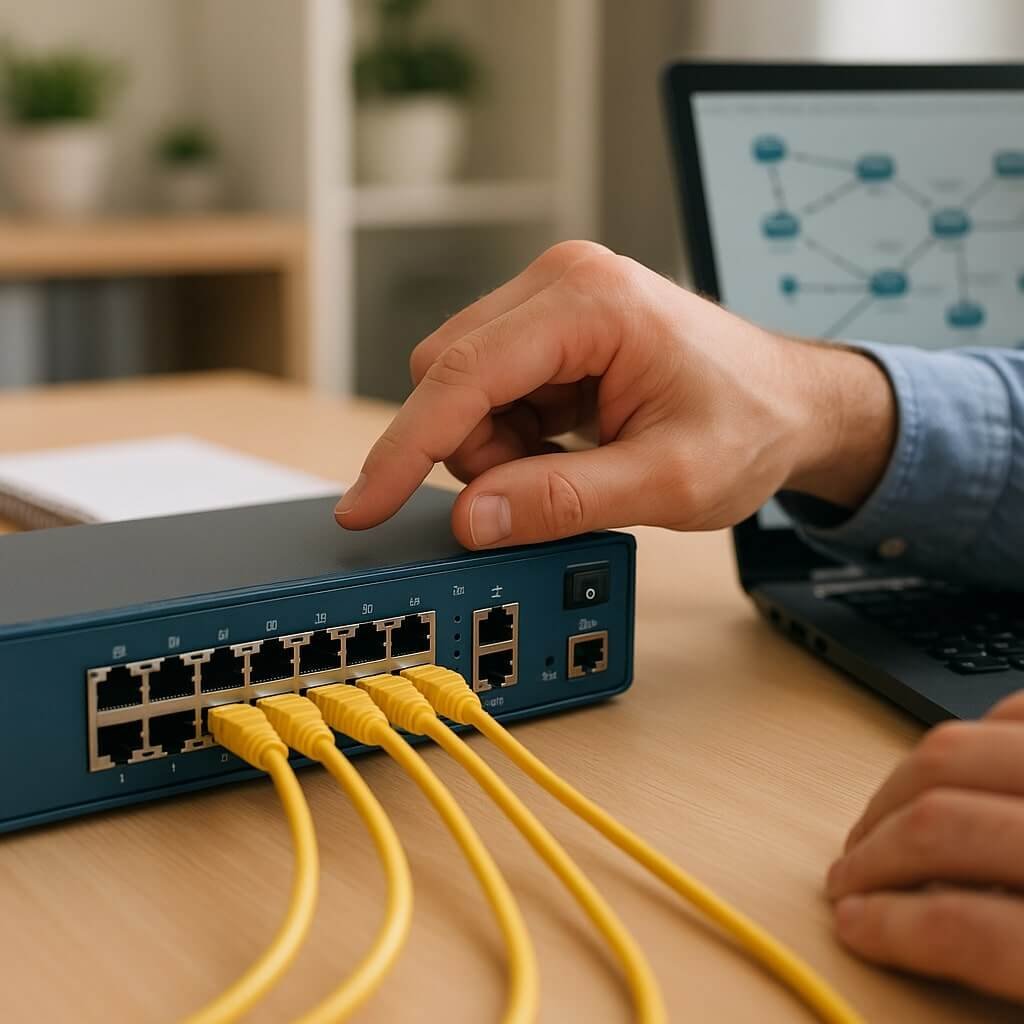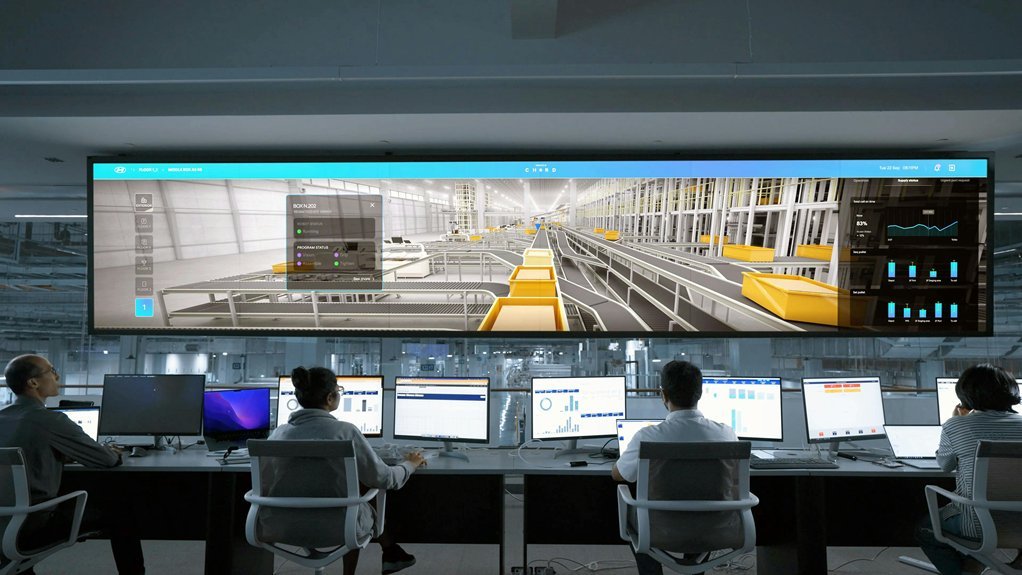As a Network Security Engineer, you play a critical role in protecting an organization’s digital assets. You’re responsible for implementing security measures, conducting vulnerability assessments, and responding to incidents. Your expertise in compliance and security policy development is essential. However, the landscape of cyber threats is constantly evolving, raising questions about the effectiveness of current strategies. What specific skills and tools do you need to stay ahead in this challenging environment?
Key Takeaways
- A Network Security Engineer implements security measures to protect digital assets from unauthorized access and cyber threats.
- They conduct security audits to ensure compliance with industry standards and identify vulnerabilities in the network.
- The engineer leads incident response efforts to analyze security breaches and mitigate damage effectively.
- They develop and maintain security policies while educating staff on best practices to enhance overall security awareness.
- Familiarity with tools like firewalls, intrusion detection systems, and encryption protocols is essential for safeguarding sensitive information.
Key Responsibilities of a Network Security Engineer
As cyber threats evolve, the role of a Network Security Engineer becomes increasingly critical in safeguarding an organization’s digital assets. Your key responsibilities include implementing robust security measures, conducting security audits, and ensuring compliance with industry standards.
You’ll perform regular vulnerability assessments to identify weaknesses in the network infrastructure. When incidents occur, you must lead the incident response efforts, analyzing breaches and mitigating damage while restoring systems efficiently.
Additionally, you’ll develop and maintain security policies, educating staff on best practices to foster a security-conscious culture. Collaborating with other IT teams is essential, as you’ll integrate security solutions seamlessly into existing systems.
Developing security policies and educating staff are vital steps in creating a culture of security awareness within the organization.
Ultimately, your proactive approach will greatly bolster the organization’s resilience against evolving cyber threats.
Essential Skills and Qualifications
A successful Network Security Engineer typically possesses a blend of technical expertise and relevant qualifications essential for maneuvering complex security landscapes.
You’ll need a strong foundation in network protocols, firewalls, and intrusion detection systems. Familiarity with operating systems like Linux and Windows is imperative, as is knowledge of encryption technologies.
Acquiring industry-standard certifications, such as Certified Information Systems Security Professional (CISSP) or Certified Ethical Hacker (CEH), fulfills certification requirements and validates your skills.
Additionally, hands-on experience in security assessments and vulnerability management is essential. Strong analytical skills will help you identify threats and mitigate risks effectively.
Staying current with emerging technologies and security trends guarantees you remain competitive in this rapidly evolving field.
Tools and Technologies Used
Network security engineers rely on a variety of tools and technologies to safeguard systems and data from threats. Key among these are solutions for firewall management and intrusion detection. Firewalls act as a barrier between trusted and untrusted networks, while intrusion detection systems monitor network traffic for suspicious activity.
| Tool/Technology | Purpose | Importance |
|---|---|---|
| Firewall Management | Control incoming/outgoing traffic | Prevent unauthorized access |
| Intrusion Detection | Identify potential breaches | Mitigate threats in real-time |
| VPN Solutions | Secure remote connections | Protect sensitive data |
Challenges Faced in Network Security
While organizations endeavor to enhance their security measures, they often encounter a multitude of challenges that complicate their efforts. These challenges can hinder effective threat detection and increase the risk of data breaches.
- Evolving cyber threats: Attackers constantly adapt, requiring security engineers to stay informed and agile.
- Resource constraints: Limited budgets and personnel can restrict the implementation of extensive security protocols.
- Complexity of systems: The diverse array of devices and applications within networks complicates monitoring and management.
Addressing these challenges demands a proactive approach.
A proactive approach is essential to effectively tackle security challenges and enhance organizational defenses.
You’ll need to prioritize continuous learning and invest in advanced tools to bolster your defenses.
The Importance of Network Security in Today’s World
In an era where data breaches and cyberattacks are increasingly prevalent, the significance of robust network security can’t be overstated. You need to understand that protecting your network is essential in safeguarding sensitive information against cyber threats.
These threats can compromise not only individual privacy but also organizational integrity and reputation. As a network security engineer, your role involves implementing advanced security measures to guarantee data protection. This includes deploying firewalls, intrusion detection systems, and encryption protocols.
Conclusion
In summary, as a Network Security Engineer, you play a crucial role in protecting an organization’s digital assets. By implementing security measures, conducting vulnerability assessments, and leading incident response efforts, you guarantee a robust defense against cyber threats. Your expertise in various tools and compliance with industry standards not only safeguards sensitive data but also fosters a culture of security awareness among staff. In today’s increasingly digital landscape, your contributions are fundamental for maintaining trust and integrity in network operations.






